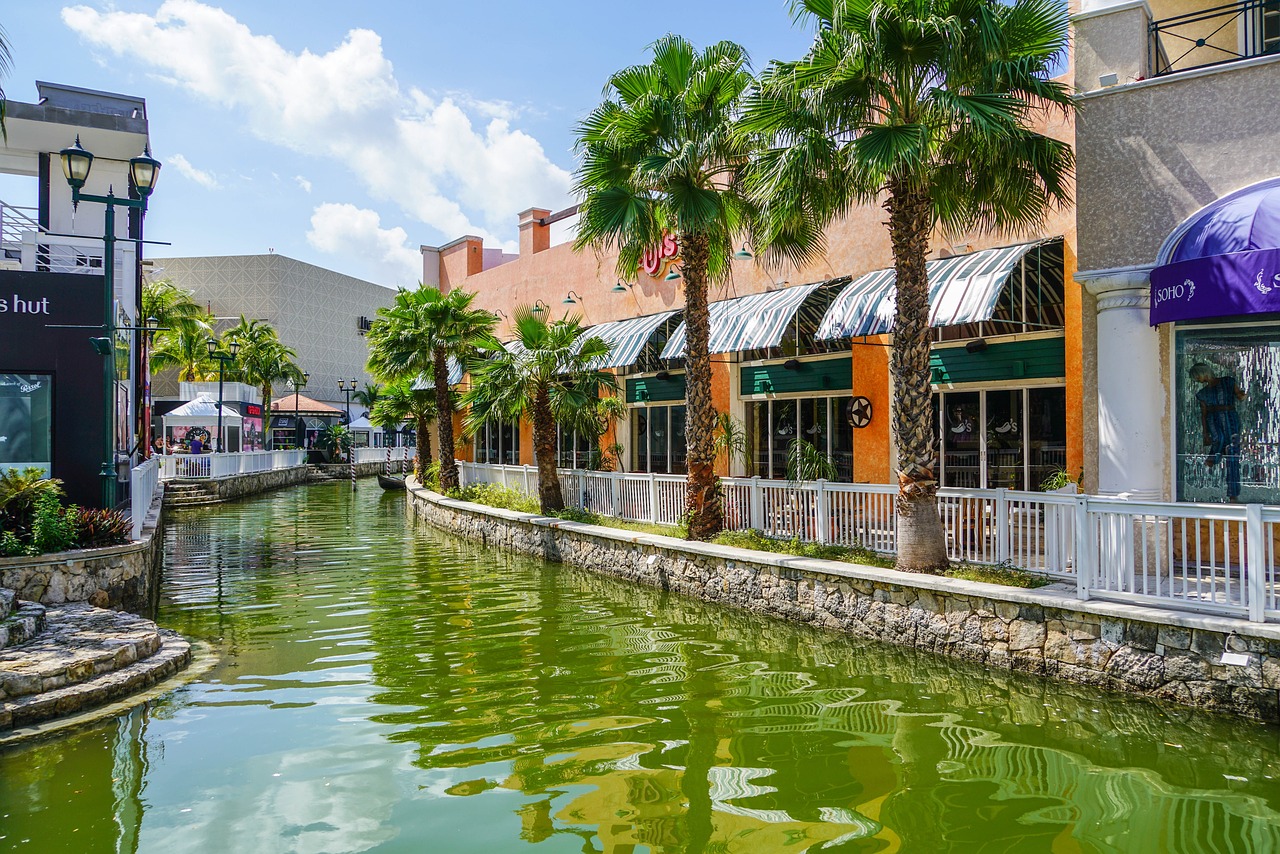Transportation in Cape Coast is a vital aspect of the city’s infrastructure that connects its residents and visitors to the various destinations within and outside the city. The city, located in the Central Region of Ghana, is known for its rich history and culture and is a popular tourist destination. In this article, we will take a comprehensive look at the various transportation options available for getting to Cape Coast from the surrounding main cities in the country, as well as the various modes of transportation for moving around the city, including the ease, cost, and safety of such transportation.
Getting to Cape Coast from other major cities in Ghana can be done by either road or rail. The most common mode of transportation is by road, with several bus companies operating daily services to and from the city. Some of the major bus companies that operate in the city include STC, VIP, and Metro Mass Transit. The cost of a bus ride to Cape Coast ranges from GHS 30 to GHS 50, depending on the distance and the bus company.
Another option for getting to Cape Coast is by train. The city is served by the Western Line of the Ghana Railway Corporation, with trains running from Accra to Cape Coast twice a week. The journey takes about 4 hours and the cost ranges from GHS 20 to GHS 30.
Once you have arrived in Cape Coast, there are several options for moving around the city. The most popular mode of transportation is by trotro, which is a minibus that plies the city’s main routes. Trotros are relatively cheap, with fares ranging from GHS 0.50 to GHS 2.00, depending on the distance. Taxis are also available in the city, with fares starting from GHS 10.00.
Bicycles and motorcycles (popularly called “okadas”) are also available for hire, but they are not recommended for visitors due to the lack of proper infrastructure and the high level of traffic in the city.
The ease of transportation in Cape Coast largely depends on the mode of transportation chosen. Trotros and taxis are the easiest and most convenient option, but they can be challenging during peak hours due to traffic congestion. Bicycles and motorcycles are not recommended due to the lack of proper infrastructure and the high level of traffic in the city.
The cost of transportation in Cape Coast is relatively cheap, with trotros and taxis being the most affordable option. However, visitors should be aware that some taxi drivers may charge more for tourists. The cost of hiring a bicycle or motorcycle is relatively high, with daily rates ranging from GHS 30 to GHS 50.
Safety is a concern when it comes to transportation in Cape Coast. The city’s roads are often in poor condition and are not well-lit at night, making it difficult to navigate. Additionally, the high level of traffic in the city can be dangerous, especially for visitors who are not familiar with the city. Taxis and trotros are generally safe, but visitors should be wary of unlicensed taxi drivers who may charge more for tourists. It is also not recommended to rent a bicycle or motorcycle in Cape Coast due to the lack of proper infrastructure and the high level of traffic in the city.
In conclusion, transportation in Cape Coast is a vital aspect of the city’s infrastructure that connects its residents and visitors to the various destinations within and outside the city. Visitors have several options for getting to Cape Coast from the surrounding main cities in the country, as well as various modes of transportation for moving around the city. However, visitors should be aware of the potential challenges of transportation in Cape Coast, including traffic congestion, poor road conditions, and safety concerns.



